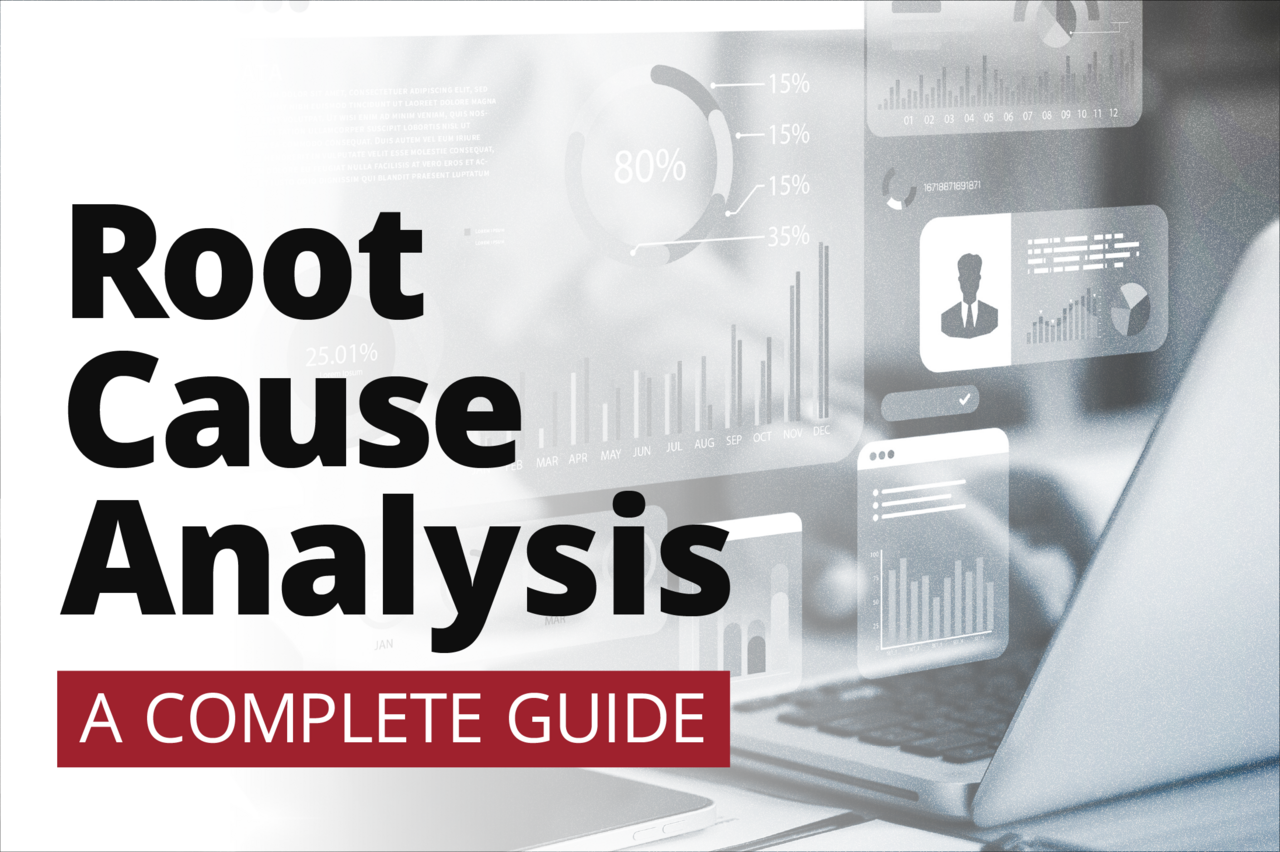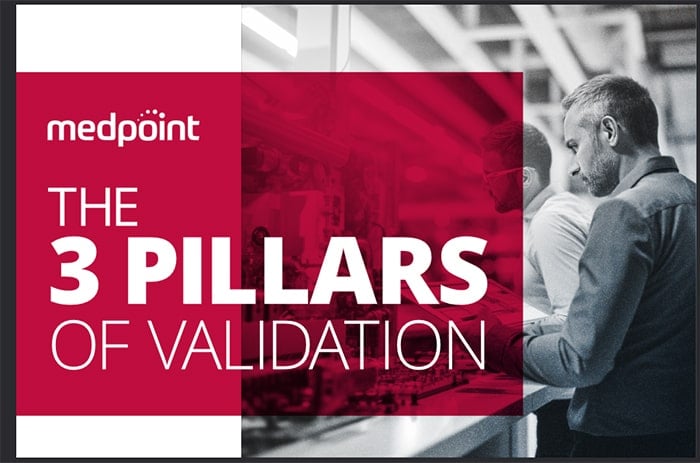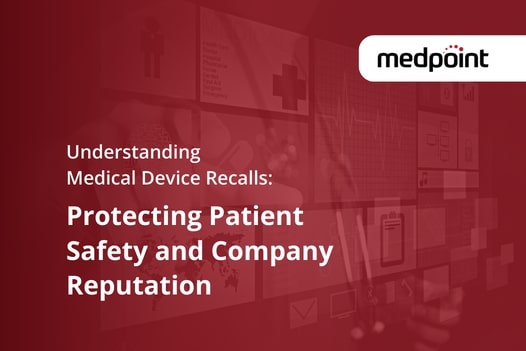The introduction of artificial intelligence (AI) in the quality and regulatory functions is not a ne...
%20in%20Quality%20%26%20Regulatory%20-%20Website%20Image.jpg)
%20in%20Quality%20%26%20Regulatory%20-%20Website%20Image.jpg)
The introduction of artificial intelligence (AI) in the quality and regulatory functions is not a ne...

In the complex world of healthcare and medical device industries, errors and incidents can significa...

Healthcare regulatory compliance plays a critical role in ensuring patient safety and quality. One o...

When manufacturing medical devices or pharmaceuticals, ensuring the proper functioning and reliabili...

FDA’s Center for Drug Evaluation and Research (CDER) recently released a white paper, marking a sign...

As the global marketplace becomes more competitive and customers become more discerning, businesses ...

The expansion of its talent acquisition team was a strategic decision that will ensure the continued...

In the rapidly evolving realm of medical technology, a major focus must be maintained regarding pati...

GREENVILLE, S.C. July 13, 2023 | Medpoint, LLC, experts in Quality Assurance, Medical Regulatory Con...

In March and April 2020, the Food and Drug Administration (FDA) issued guidance aimed at expanding t...